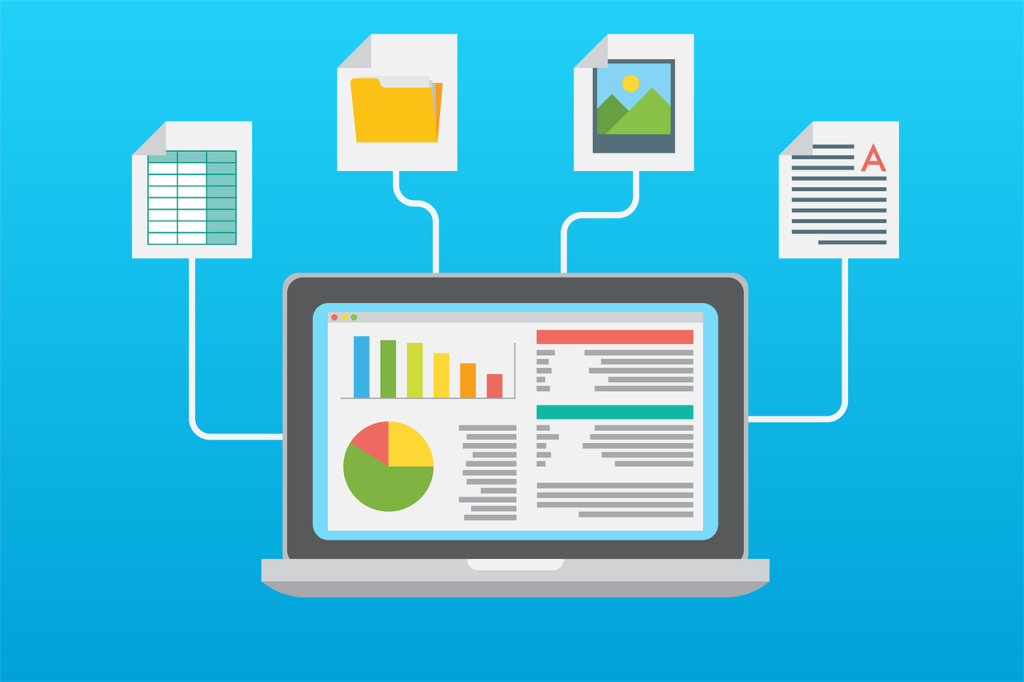
From time to time, I encounter radio stations who are doing a good job of capturing listener data, but are not storing all of that data in a single central location. Instead, they have some contacts stored in their email database, some in their text message database, some in their contesting platform, some in their mobile app, etc. When the data is spread out over multiple locations, it is difficult for the radio station to put together a digital campaign that effectively targets listeners.
When setting up your radio station’s digital strategy, there are several key questions to consider:
- What data do we want to collect from listeners?
- Where are we going to store that data?
- How are we going to get the data there?
Let’s take a closer look at each of these:
1. The What
First, you need to decide what data you will collect. This may include basic contact information, including name, email address, phone number, and social media handles. You may also collect demographic information, such as age and gender.
The more challenging task is collecting psychographic data — information about your listeners interests, activities, and opinions. You can collect this data by asking for it directly through registration forms and surveys. You can also collect psychographic data indirectly by tracking your listeners’ online behavior. For example, if a listeners clicks on a link to the concert calendar in an email, you can tag them as a “concert goer.”
2. The Where
Once you have decided what data you are going to collect, you need to figure out where you’re going to store that information so you can use it later. Although your station may have several different digital tools that are capable of collecting data — including online form builders and contest creators — you want a single central hub that houses all of your data.
In other industries, that central hub is usually a CRM (Customer Relationship Management) tool like Salesforce or Zoho. For most radio stations, a CRM is overkill — at least on the programming side of the building. (The sales team should certainly consider using a CRM to manage clients and leads.)
Instead of using a CRM, radio stations can often get away with using an ESP (Email Service Provider) such as Mailchimp or Constant Contact, or a contesting platform like Second Street or Aptivada. When it comes to selecting your central data hub, there is no one correct answer for every radio station and radio company. The advantage of the contesting platforms is that they were built specifically for radio stations; the advantage of the ESPs is that it is very easy to hire people who have experience with them. At the end of the day, you will need to figure out which tool works best for your radio station’s workflow.

3. The How
While there is no single right answer, there is a wrong answer: decentralizing your database. What are you going to use your database for? To send out targeted email campaigns? To activate listeners on social media? To retarget listeners with online ads? If your database is fragmented across multiple platforms, these types of campaigns will be very difficult to execute.
While the platform you are using as your central data hub may have tools for capturing data, you may want to include other digital tools in the mix as well. For example, here at Jacobs Media, we use Formstack to build the forms that capture data, but we use Mailchimp to house our central database.
How are you going to pass the data you capture in your online forms, your mobile app, and your text message platform to your central hub? Ideally, your digital tools come with native API integration for passing this data. If not, there may be tools like Zapier that will allow you to connect them to one another. Here are some tips on getting your digital tools to talk to one another.
Collecting all the right data in a single spot is not an easy task. It requires careful research and planning. But data collection is the key to staying competitive in today’s advertising world, so it’s worth the investment.
- A Simple Digital Treat to Thank Your Radio Listeners This Thanksgiving - November 13, 2023
- Interview Questions When Hiring Your Radio Station’s Next Digital Marketing Manager - November 6, 2023
- A Radio Conversation with ChatGPT: Part 2 – Promotions - October 30, 2023





Leave a Reply